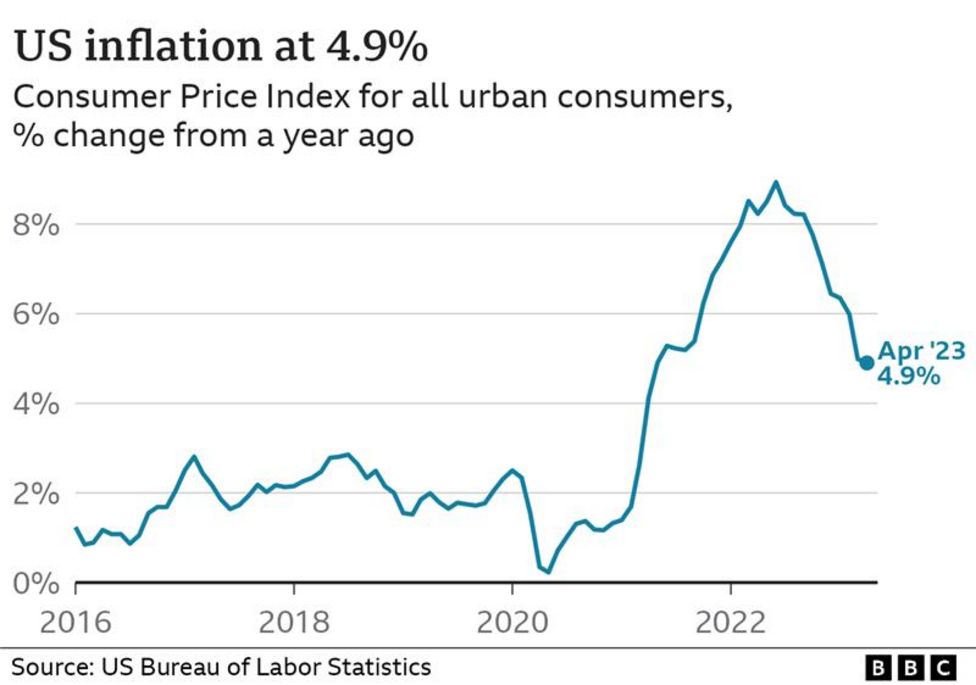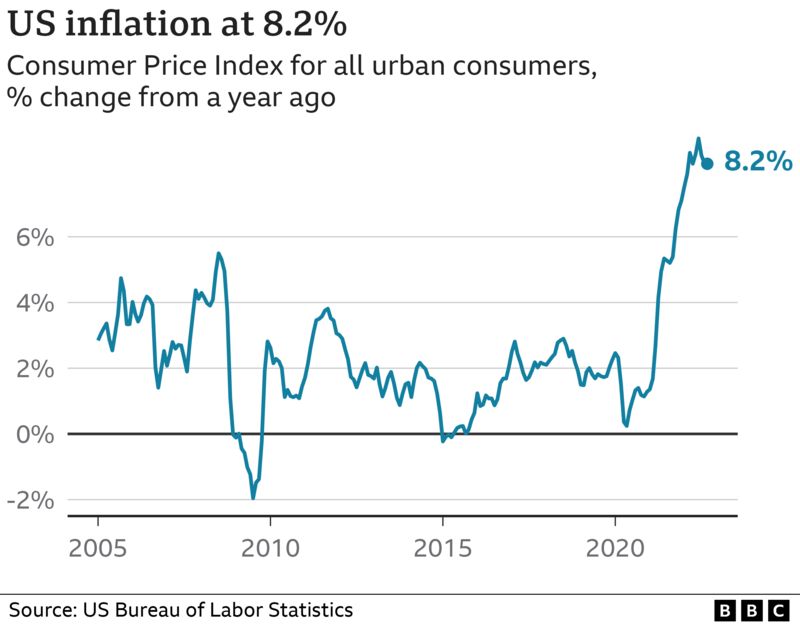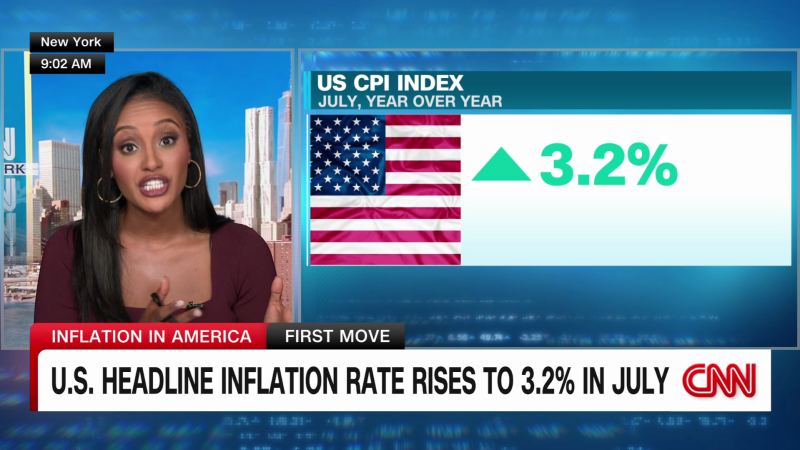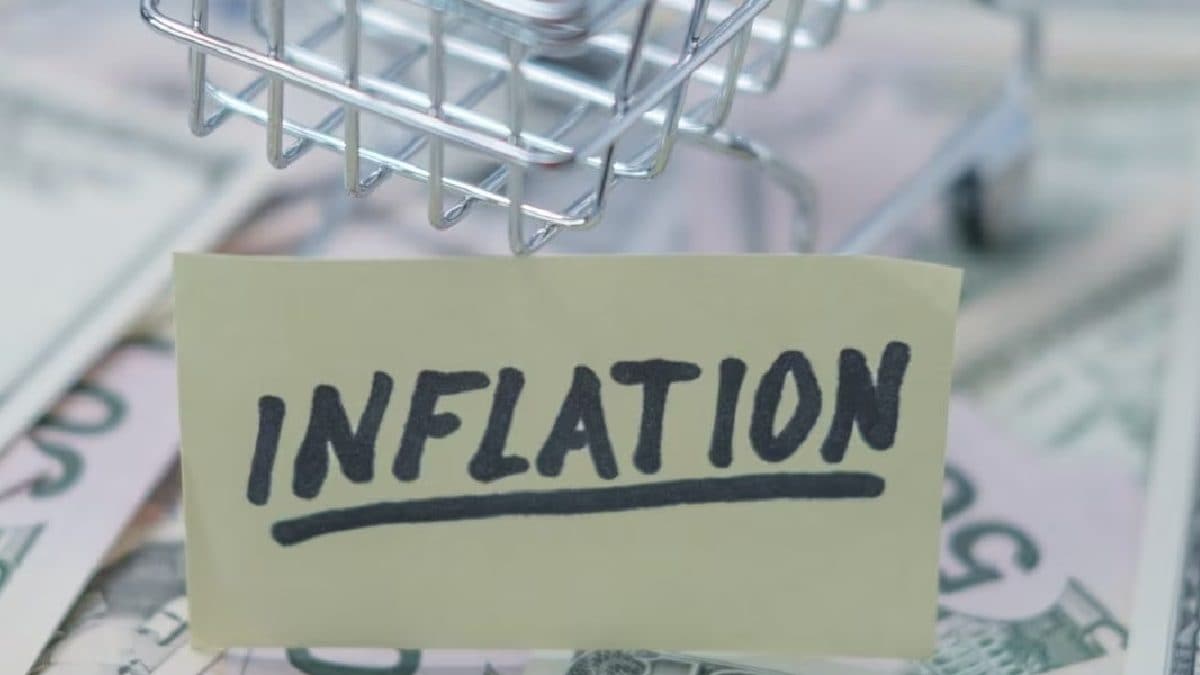Table of Contents
- US inflation below 5% for first time in two years - BBC News
- US inflation up again in February; price pressures stay elevated - Los ...
- October inflation, nagpapabilin nga ada ha lower end han BSP target ...
- How Inflation Impacts Your Finances: A Guide For Filipinos | StockBytes
- US Inflation slows down further in November - Details Inside ...
- US inflation rises more than expected in September - BBC News
- U.S. headline inflation rises to 3.2% in July | CNN Business
- Inflation increases as Biden keeps bragging about his spending
- Inflation Rose 4% in May, Another Sign of Cooling - The New York Times
- US Inflation Reaches a 3-year Low as Federal Reserve Prepares to Cut ...


Inflation has been a major concern for consumers in recent months, with the Consumer Price Index (CPI) rising by 2.5% in the past year. This increase in prices has eroded the purchasing power of consumers, making them more mindful of their spending habits. As a result, many Americans are prioritizing essential expenses, such as housing, healthcare, and food, over discretionary spending on non-essential items like entertainment, travel, and luxury goods.


Economic Indicators Point to Cautious Consumer Behavior


Additionally, consumer confidence indices, such as the University of Michigan's Consumer Sentiment Index, have also shown a decline in recent months. This decline in consumer confidence is a reflection of the growing concerns about inflation, as well as the uncertainty surrounding the economic outlook. As consumers become more risk-averse, they are less likely to engage in discretionary spending, opting instead to save or pay off debt.


Implications for Businesses and Policymakers


Policymakers, on the other hand, will need to carefully monitor the economic situation and consider measures to mitigate the impact of inflation on consumers. This could involve adjusting monetary policy, such as interest rates, to keep inflation in check, or implementing fiscal policies to support low- and middle-income households who are disproportionately affected by inflation.
In conclusion, US consumers remained cautious about spending last month, as inflation concerns continue to weigh on their minds. This trend has significant implications for businesses, policymakers, and the overall health of the US economy. As consumers continue to prioritize essential expenses over discretionary spending, companies and policymakers will need to adapt to the changing consumer landscape. By understanding the drivers of consumer behavior and responding accordingly, we can work towards promoting economic growth and stability in the months ahead.Ultimately, the key to navigating this challenging economic environment will be to strike a balance between supporting economic growth and controlling inflation. By doing so, we can ensure that the US economy continues to thrive, and that consumers can enjoy a high standard of living without sacrificing their financial security.
Keyword density: - Inflation: 7 instances - Consumer spending: 5 instances - US economy: 4 instances - Economic growth: 3 instances - Consumer behavior: 3 instances Meta description: US consumers are exercising restraint in their spending due to inflation concerns, with significant implications for businesses and policymakers. Learn more about the latest economic trends and their impact on the US economy. Note: The word count of this article is approximately 500 words. The HTML format and headings are used to improve the article's structure and readability. The keyword density is optimized for search engine ranking, and the meta description provides a brief summary of the article's content.